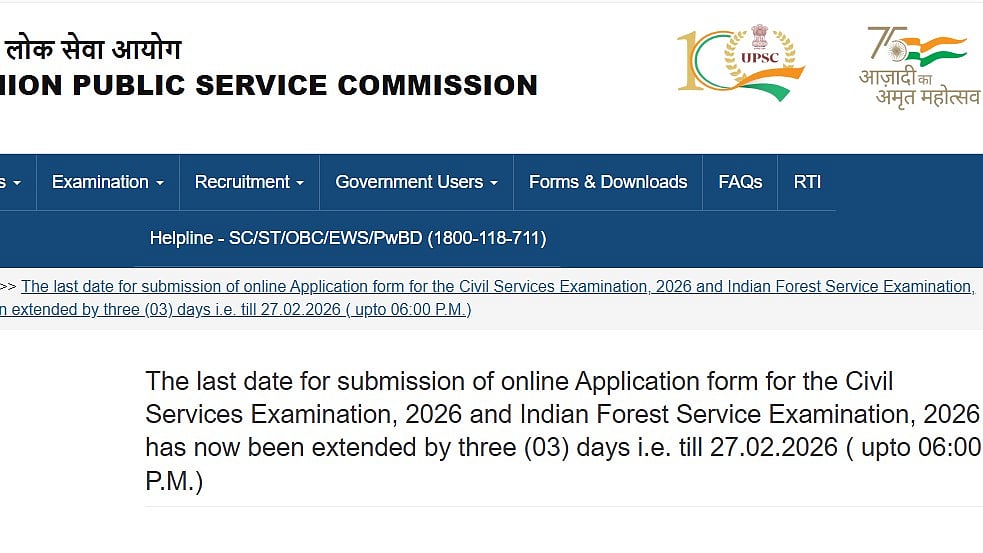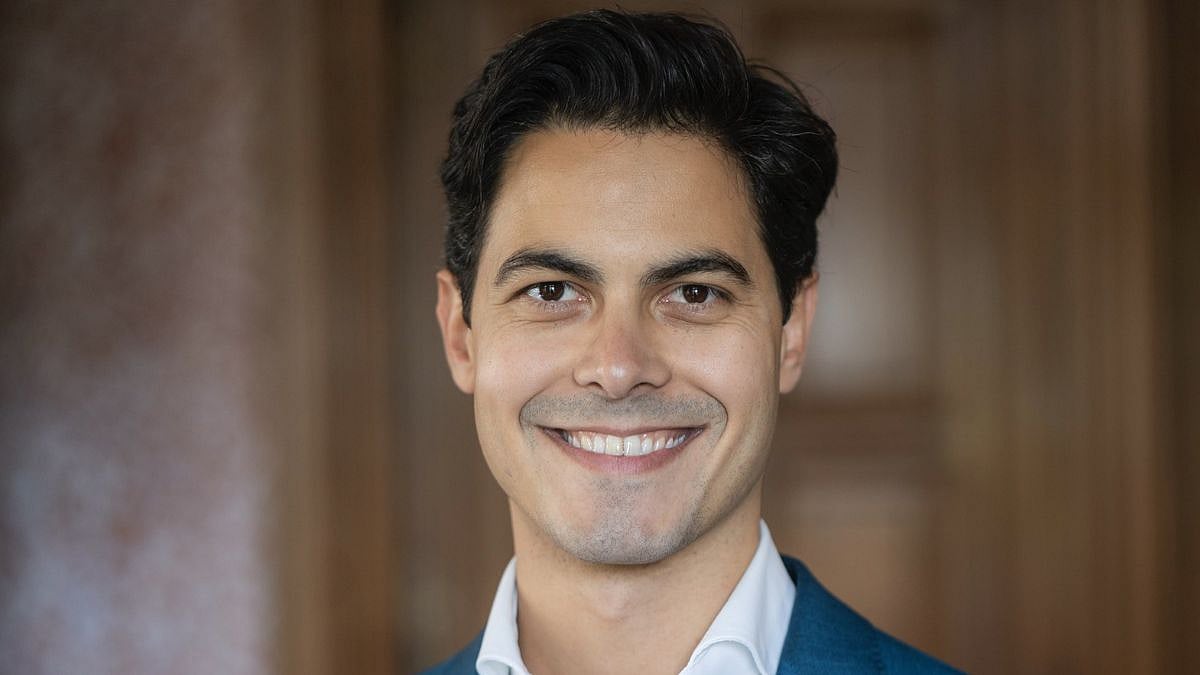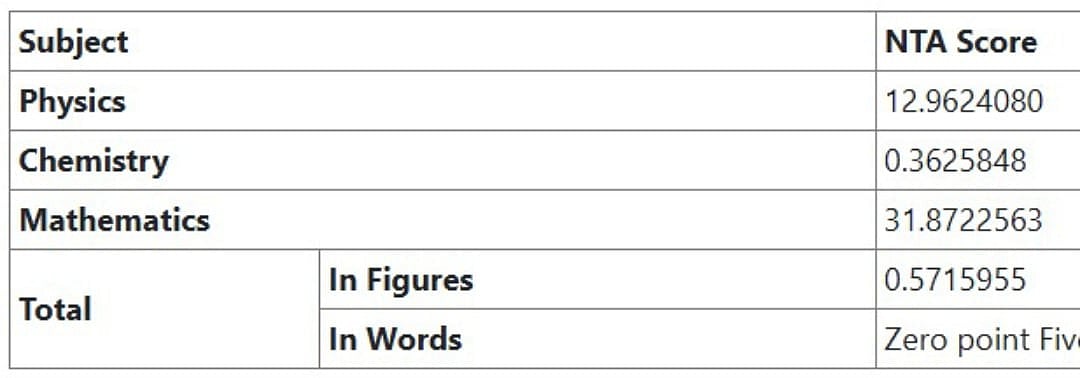The Central government has cleared the name of Bombay High Court (HC) Chief justice Dipankar Datta’s name to be elevated as a Supreme Court (SC) judge.
His name was recommended by the SC Collegium on September 27.
On Sunday, after the name was cleared minister of law and justice Kiren Rijiju tweeted: “In exercise of the power conferred under the Constitution of India, Justice Dipankar Datta has been appointed as Judge of the Supreme Court of India. I extend my best wishes to him!”
He will be taking oath as SC Justice on Monday.
However, the move will further reduce the existing strength of the HC to 65. The sanctioned strength of HC is 94.
After CJ Datta takes oath as Supreme Court judge, the working strength of the apex court will rise to 28 as against its sanctioned strength of 34. He is due to retire in 2030.
Son of former Calcutta HC judge Salil Kumar Datta, CJ Datta obtained his degree in law from the University of Calcutta in 1989 and enrolled as an advocate the same year. He practised primarily in the Supreme Court and high courts in Constitutional and civil matters before being elevated as a permanent judge of the Calcutta High Court on June 22, 2006.
He was elevated as the Chief Justice of Bombay HC on April 28, 2020, at the height of the Covid-19 pandemic. Due to the nationwide lockdown and suspension of air and rail services, he drove down from Kolkata, covering over 2,000 km by road.
Since assuming charge as CJ, the benches headed by him have passed orders in various public interest litigations, thereby streamlining steps to be taken by the Maharashtra government, the BMC and other authorities to prevent the spread of Covid and manage its treatment. A couple of judgments also protected the rights of prisoners, especially the ones pertaining to reducing overcrowding in jails by granting parole and giving access to audio and video calls with families and lawyers during the pandemic.
Last week, the bench headed by CJ allowed the National High Speed Rail Corporation (NHSRCL) to cut 21,997 mangroves in Mumbai, Thane and Palghar to make way for the Mumbai-Ahmedabad Bullet train project “in public interest”, subject to various conditions.
Following a stern warning from the CJ last week, the Maharashtra government agreed to allow transgender persons to apply for the posts of police constables in the on-going state-wide recruitment process and that it would frame rules setting standards for their physical tests by February 2023.
In a PIL which sought directions to the Governor to decide on the appointment of 12 MLCs recommended by the erstwhile MVA government, the bench headed by CJ Datta said that as per the Constitution, order cannot be passed against a Governor. However, in its order, the HC reminded the administrative leader of the obligation cast upon him by the Constitution to decide on issues in a “reasonable time”.
After a bench headed by CJ Datta took cognisance of the PIL challenging extensions given to then Director General of Police (DGP) Sanjay Pandey, the Maharashtra government appointed Rajnish Seth as his replacement. The government had appointed Pandey as DGP, superseding three other officers recommended for the post by the MPSC.
In another PIL by former top cops, CJ Datta-led bench had restrained media from displaying or initiating any debate/interview surrounding the untimely death of Bollywood actor Sushant Singh Rajput.






